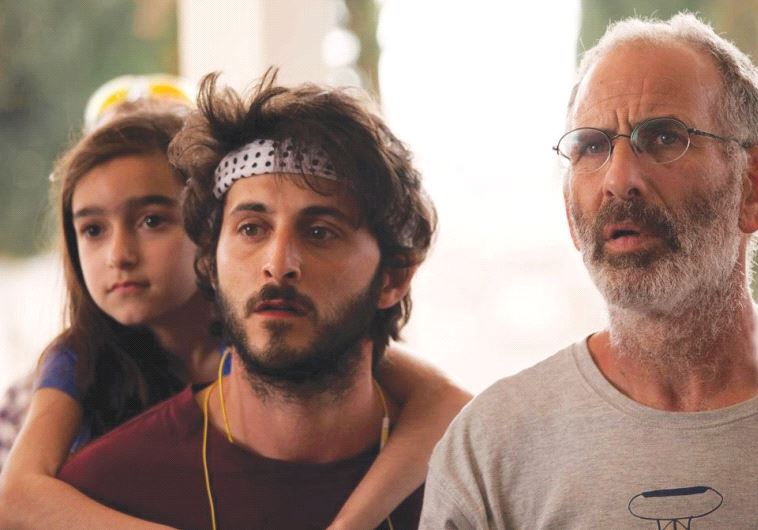2016 Ophir nominations announced – snubs and all
Two films that won major awards abroad, Asaph Polonsky’s ‘One Week and a Day’
and Elite Zexer’s ‘Sand Storm,’ among the nominees for Best Picture.
 A SCENE from Asaph Polonsky’s ‘One Week and a Day.’(photo credit: MOSHE MISHAALI)
A SCENE from Asaph Polonsky’s ‘One Week and a Day.’(photo credit: MOSHE MISHAALI)